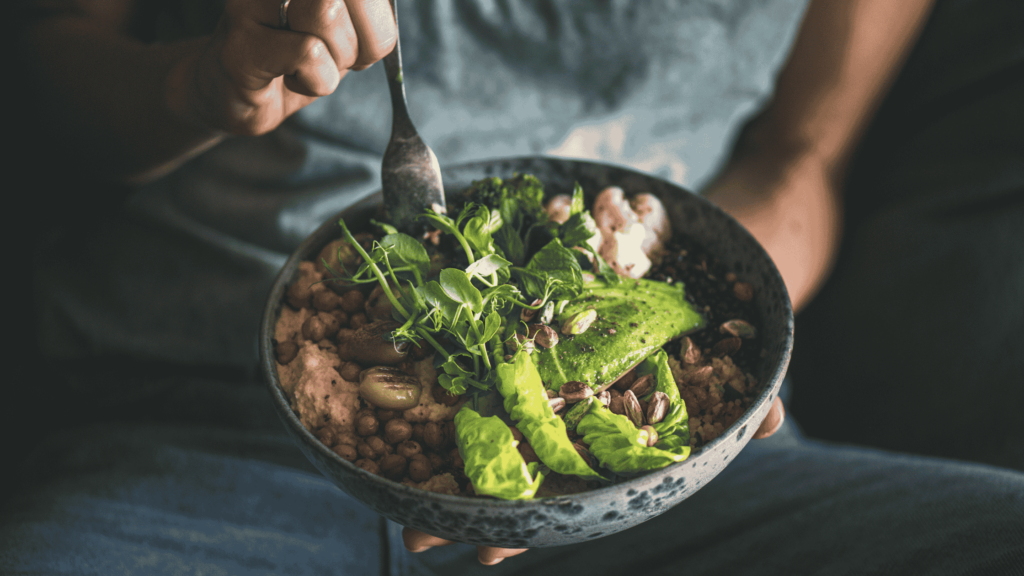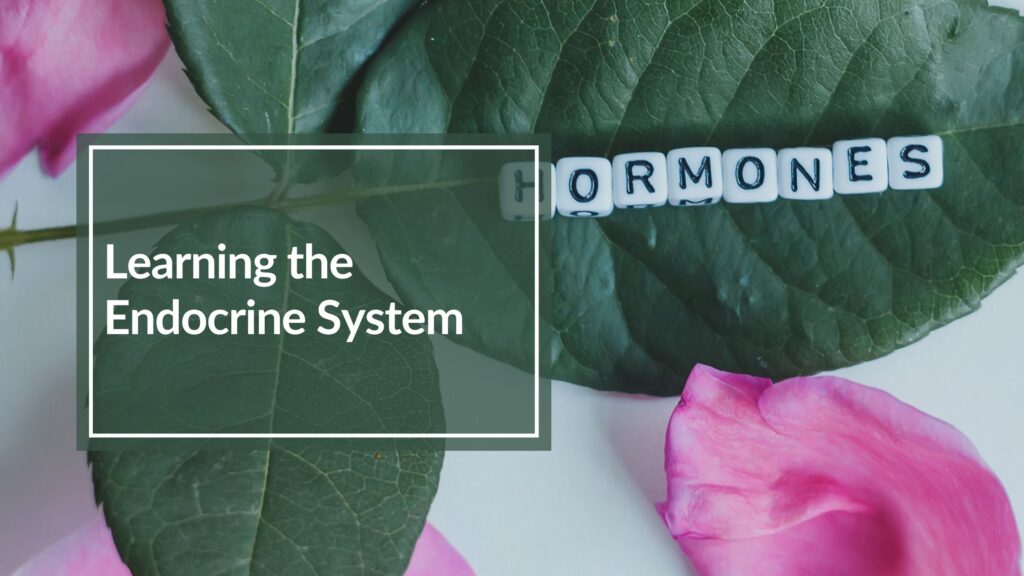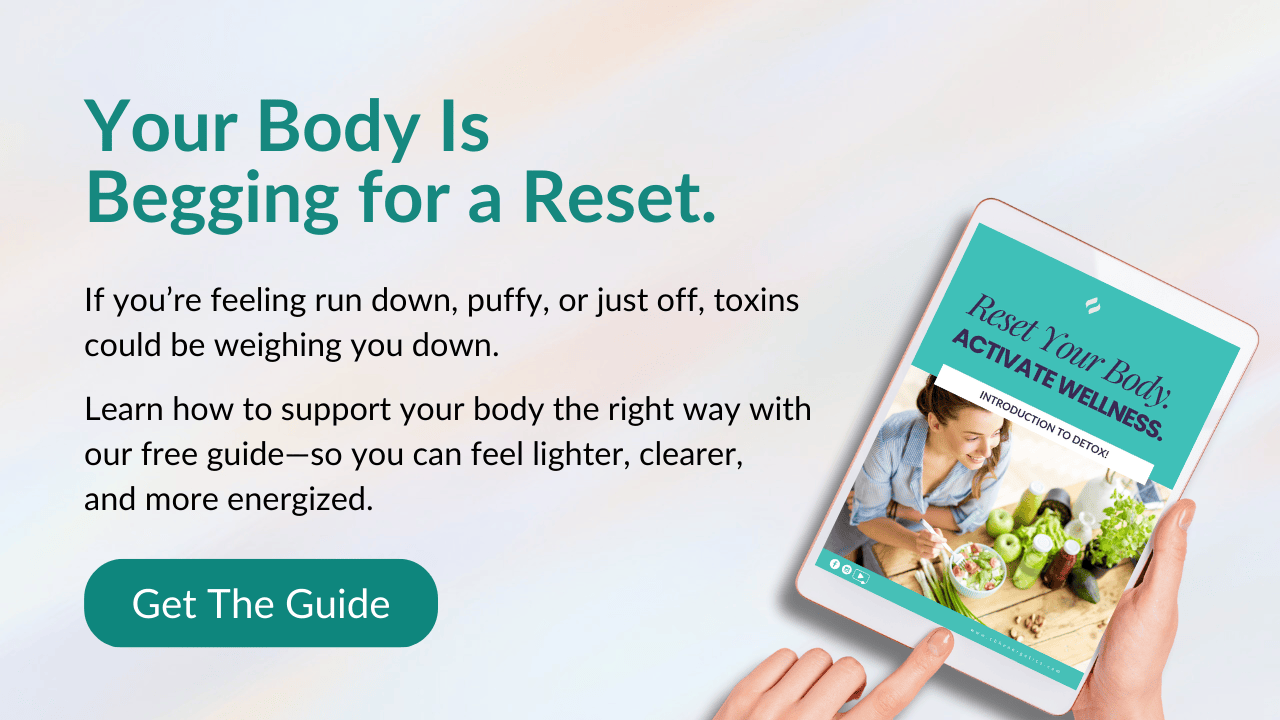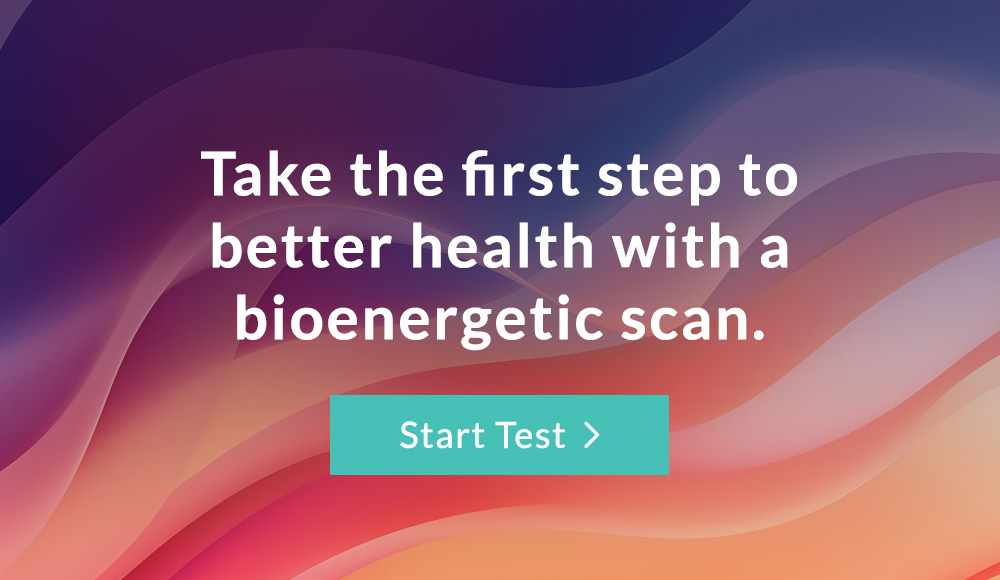
The Importance of DHEA for Women
When people talk about hormone balance, the conversation is usually dominated by estrogen, progesterone, testosterone, and thyroid hormones. Estrogen dominance can take center stage when discussing PMS or perimenopause, while progesterone is recognized for its need to stay in balance with estrogen during the reproductive years. What about DHEA for women, especially when it comes to reproductive health and overall well-being?
Often referred to as the “anti-aging hormone” or the “youth hormone,” DHEA has gained attention because its levels tend to decline with age. That decline may relate to DHEA’s role in supporting energy, mood, and bone health—areas that also tend to shift as we age.
Since DHEA contributes to estrogen production, and estrogen maintains bone health, low DHEA may influence bone loss issues like osteoporosis and osteopenia. These changes can reduce activity levels, muscle mass, and energy over time.
Before we get to 4 natural ways to support low DHEA naturally, let’s lay some hormonal groundwork!
What is DHEA?
DHEA (Dehydroepiandrosterone) and its circulating form DHEAS (sulfate ester) are steroid hormones produced by the adrenal glands. DHEA is considered the most abundant steroid hormone in the body and acts as a precursor—it can convert into estrogen or androgen hormones depending on what your body needs.
Levels of DHEA begin to rise around age six, during a phase called adrenarche, which sets the stage for puberty. At this point, the adrenal glands start producing DHEA, which later transforms into androgens like testosterone and androstenedione.
The adrenal cortex doesn’t just make DHEA! It’s a busy place, producing cortisol, aldosterone, and small amounts of estrogen and adrenal androgens. Hormone production is a team effort! The pituitary gland secretes ACTH (adrenocorticotropic hormone), which talks to the adrenal glands and signals them to make DHEA and cortisol.
Bottom line: Low DHEA for women (and men) might mean the body is missing a key building block for other hormones.
Want a refresher on how hormones work? Check out our blog Learning the Endocrine System.
How Does DHEA Support the Body?
Brain Health
Steroid hormones like DHEA may influence the central nervous system. It may influence:
- Neurogenesis (the growth of new neurons)
- Apoptosis (programmed cell death, removing damaged or unwanted cells)
- Catecholamine production (dopamine, adrenaline, noradrenaline)
It also has a protective effect on the brain. DHEA concentrations are higher in the brain than in the blood.
Insulin Sensitivity
DHEA may help balance blood sugar by working in opposition to cortisol. If cortisol is high, the body tries to release DHEA to balance the cortisol. With chronic cortisol excess, DHEA becomes low or imbalanced, and blood sugar control becomes difficult. In this study on DHEA replacement, participants who took DHEA for one year saw improvements in glucose tolerance and insulin resistance.
Mood Support
DHEA and DHEAS may influence mood regulation. This (along with the influence of other sex hormones) could be one of the reasons that mood swings are more prominent in menopause, when DHEA declines. Boosting blood levels of DHEA may be associated with more enjoyment and less perceived stress.
Reproductive Function
DHEA supports fertility and reproductive health by converting into sex hormones like estrogen and testosterone. It has also been supplemented in studies for its effect on improved fertility.
This article is for information only and does not suggest supplementing DHEA without medical guidance, especially as a fertility routine. Seek help from your licensed care practitioner for any fertility concerns.
What Factors Lead to Low DHEA?
Chronic Illness
Low DHEA or DHEAS may be linked to diabetes, chronic fatigue, lupus, cognitive decline, and more. The stress of chronic illness itself can also contribute to hormonal imbalances.
Aging
The ovaries also produce DHEA. Naturally, DHEA for women declines during and after menopause, contributing to low DHEA levels with age. Aging is also a reason for low DHEA levels in men.
Reproductive Concerns
Low levels may also result from diminished ovarian reserve (the number of viable eggs). This can happen naturally with age or conditions like endometriosis.
Stress
Chronic stress affects hormone production by disrupting the HPA axis (Hypothalamus-pituitary-adrenal axis). These organs can show as imbalanced on bioresonance testing. Stress can keep those cortisol levels higher, which may lead to low DHEA.
Environmental Toxins
Many things in our environment can disrupt hormones. Heavy metals like lead, cadmium, mercury, arsenic, and nickel are known endocrine disruptors. Even minerals like copper, zinc, and manganese, which are necessary for cellular function in trace amounts, can cause problems in excess.
Endocrine disruptors can enter the body and block, disrupt, or mimic our hormones. They may come from air, water, food, or personal care products, affecting hormone imbalance through skin contact or ingestion.

4 Natural Ways to Boost DHEA for Women
1. Decrease Toxin Exposure
One of the most effective ways to support DHEA for women is by reducing the body’s toxin burden. If your body is dealing with bacteria, pesticides, or other toxins, the stress response is activated, changing hormonal signalling.
Tips:
- Use non-toxic cleaning and beauty products
- Filter your air and water.
- Eat organic when possible.
- Support drainage pathways
Supporting your drainage pathways and organs of detox helps to clear toxins and alleviate any burden placed on your Liver and Digestive System—two systems that are key to hormone metabolism.
Need help getting started? Check out our Drainage Guide.
2. Move Your Body
Exercise stimulates the adrenal glands. Whether it’s aerobic exercise or resistance training, movement encourages DHEA production by placing healthy stress on the body.
Those with exercise intolerance should be cautious about doing too much aerobic exercise and HIIT training. Yoga, walking, and pilates are forms of movement that support hormonal balance, including DHEA. Weight training in particular may enhance DHEA and its anti-aging hormone effects.
3. Build Stress Resilience
We have shown how chronic stress can deplete your body’s DHEA reserves. Learning mindfulness, meditation, deep breathing exercises, or other tools like journaling can calm the Nervous System. Progressive muscle relaxation before bed can help with sleeplessness, which can increase cortisol levels.
Optimizing gut health and your microbiome can support all hormones and your Nervous System through the gut-brain axis.
4. Nourish with Fats, Minerals & Antioxidants
Eating a nutrient-dense, well-rounded diet can directly influence adrenal function, and that matters because the adrenal glands are where DHEA is made. These glands rely on a variety of nutrients to function well, including minerals like zinc, selenium, copper, calcium, and magnesium, as well as B vitamins.
Healthy fats also play a critical role. Cholesterol serves as a precursor for steroid hormones like DHEA, so including good fat sources in your diet provides the building blocks needed for hormone production. Fats are also vital for the brain and nervous system—our brains are primarily made of fat, and cell membranes are built from phospholipids.
The adrenal glands are particularly vulnerable to oxidative stress, which can degrade their function over time. Eating foods rich in antioxidants helps combat free radicals, protecting your adrenals and supporting their ability to produce hormones like DHEA. Specifically, antioxidants like vitamin C and polyphenols play key roles in reducing oxidative damage. Polyphenols in colorful fruits and vegetables help reduce inflammation and oxidative stress, protecting the adrenal glands and supporting hormonal balance.

Best Foods and Nutrients for DHEA Support
Healthy Fats & Omega-3s
- Fatty fish (salmon, mackerel, sardines): Rich in omega-3s that help regulate inflammation and support hormone function.
- Avocados: Packed with monounsaturated fats and potassium, both beneficial for adrenal health.
- Nuts and seeds (flaxseeds, chia seeds, walnuts): Provide omega-3s, fiber, and plant compounds that promote hormonal balance.
- Coconut oil and grass-fed butter: Contain MCTs (medium-chain triglycerides), which may help support metabolism and hormone activity.
Antioxidant-Rich Plant Foods
- Berries (blueberries, strawberries, raspberries): High in antioxidants like vitamin C and flavonoids that protect adrenal tissue.
- Leafy greens (spinach, kale, Swiss chard): Offer vitamins A and C to help shield the adrenals from oxidative stress.
- Cruciferous vegetables (broccoli, Brussels sprouts, cauliflower): Support detox pathways and hormone processing thanks to their sulfur compounds.
- Citrus fruits (oranges, grapefruits, lemons): Loaded with vitamin C, which is directly involved in adrenal hormone production.
Key Nutrients for Adrenal Support
- Vitamin D: Helps regulate steroid hormone production, including DHEA. Low levels have been linked to adrenal dysfunction.
- Magnesium: Involved in hormone regulation and helps modulate cortisol, which can otherwise suppress DHEA.
- Zinc: Supports hormone synthesis and helps regulate the brain-adrenal (HPA) axis
Can Supplements Help with Low DHEA?
Yes, certain supplements may support natural DHEA production and the systems that regulate hormone balance. These include:
Homeopathy:
Homeopathy is used as a way to give your body systems “information” to restart their natural rhythms. It is a gentle, energetic way to help the body help itself. DHEA in homeopathy is different from hormone replacement of DHEA and a safer and gentler option for some people.
Homeopathic preparations can include DHEA in a dilute homeopathic formula or a formula to support the entire stress response. We have numerous types of homeopathic support for low DHEA, so testing is critical to find the proper balanced regimen for you.
Adaptogens:
Adaptogens are herbal and plant preparations that work with you to help your stress response adapt to what is happening in your world. This could be a formula like ashwaganda or medicinal mushrooms. Mushrooms are wonderful adaptogens when taken singly, like reishi, or in combination formulas such as Mycelia Intrinsic.
Herbs like licorice root may also boost DHEA naturally.
Nutritional Supplementation:
Liposomal DHEA can be another supportive option, especially when paired with paying deep attention to micronutrient intake. This can be a challenge for busy individuals who struggle to eat whole foods with the full complement of nutrients needed for detox and hormone metabolism. That’s where having an easy-to-digest option like this pre-mixed supplement, which is rich in amino acids, fats, and fiber, is convenient. It’s a simple way to get what you need for hormone balance on the go.
We all face changes to hormones like DHEA through life stages. By supporting organs of drainage and detoxification, gut health, and most importantly, the Nervous System, hormone balance will be within your reach.


